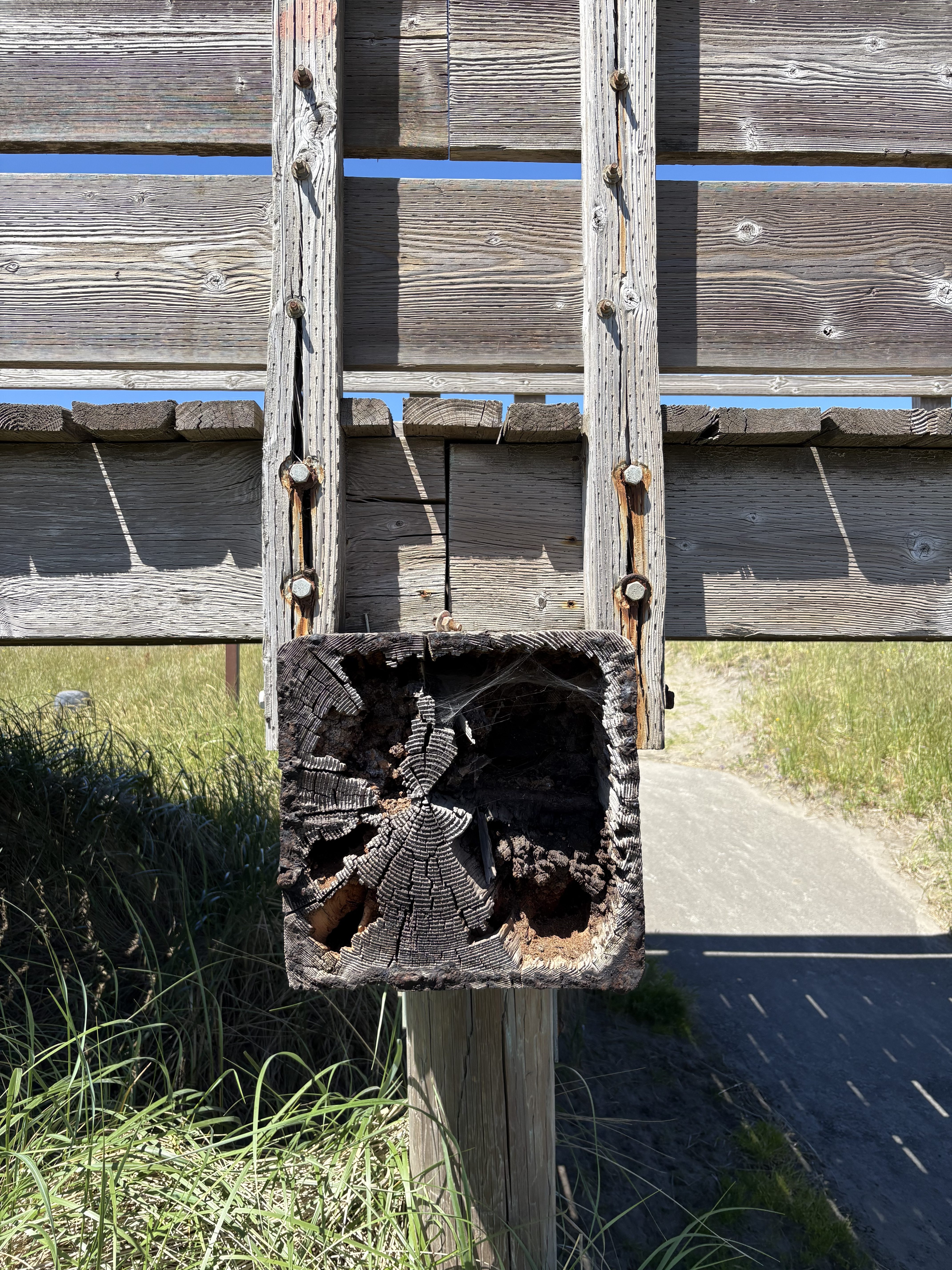Coast Chronicles: Loose in Paris with a Fugitive Poet
Published 10:16 am Tuesday, June 21, 2016

- Poets (from left) Sam Hamill and Alexis Bernaut, publisher Juliette Combes Latour and author Cate Gable relax together at Maison de la Poesie in Paris.
Sometimes the words come freely,
sometimes we sit in silence, gnawing on a brush.
—Sam Hamill, translated from Lu Chi
In Utah, the nice farm lady picked up a rascally small boy from the orphanage and told him, “Your father has a dog for you.” When three-year-old Sam Hamill got out of the car, he looked up and down a tall skinny guy with a dog and said, “That’s not my father and that’s not my dog,” establishing definitively and for all time his beingness in the world.
As Sam now says, “I have a BS detector with no off switch.” This has been, as most gifts from the Gods, both a blessing and a curse.
I met Sam perhaps 40 years ago. I was a little MA graduate from the University of Washington and Sam (with then wife Tree Swenson) was the co-founder of Copper Canyon Press, situated in Port Townsend at Fort Warden. I think I bumped into Sam at some poetry gathering there and mentioned that I’d taken a poetry book and was meaning to send money to the author but hadn’t yet (and probably didn’t). As I vaguely recall, Sam pointed a finger at me and said something like, “You suckered so-and-so out of his dough!” (This is what Sam might call, “One Finger Zen.”)
Poet, pressman, editor and publisher, translator of Japanese and Chinese masters, philosopher, Zen Buddhist, crusader against domestic violence and war — Sam, like a comet, has a long trail behind him of social justice actions. He puts his heart-mind-and-body on the line wherever he must and has at every step of his life. Always on point, Sam was one of the first poets I thought of when I started my critical thesis for my recent MFA. (I wanted to talk to other writers about what they thought was happening in the world and whether they felt poetry/poets still had a viable role in the public discourse.)
Despite a tough life on the farm in Utah — he was often beaten — Sam was also raised with the poetry of Dylan Thomas, Robert Service, Keats and Shelley poured into his ears by two very literate parents. He was an outsider from the beginning and had mostly “brown friends.” As he says, “I always felt like a brown person.” Though his parents, who were not Mormon, sent him to Mormon church so he could “learn to get along” that doesn’t appear to have done much good; it probably accentuated his otherness.
Sam became in many ways the active conscience of a generation of poets of the 60s. At sixteen and a heroine addict on the streets of San Francisco, he’d wander into City Lights Books in North Beach and read poetry in the basement. He counts Kenneth Rexroth as the reason he wised up/cleaned up.
They sent him back to Utah to straighten out but picked up for a drug charge there, Sam says the judge told him, “You can either go to jail or join the military.” Big of heart and mind though small in stature, Sam of course chose the Marines, the most machismo branch of the service. Sent to Japan, he realized quite soon that his values required him to be a conscientious objector; but he managed to stay in uniform long enough to leave with an honorable discharge and, therefore, the means to an education.
As far as I can tell, Sam has either known, edited or published and probably gotten drunk with every major American poet of the last century, and most of the major foreign poets as well. He has stories about Robert Creely, Denise Levertov, Adrienne Rich, Marilyn Hacker, Judy Grahn, June Jordan, Hayden Carruth, William Merwin, Carolyn Kizer, Jack Gilbert, Tom McGrath, Jim Harrison, Czeslaw Milosz — he could write the underground version of who’s who of American poetry. He’s read his poetry across our nation, and in Italy, France, Germany, Greece, Latin American, and Asia.
But let’s skip an enormous chunk of Sam’s story — please imagine, film-style, not just calendar pages falling like leaves but being blow-torched off the wall — and begin again last week when Sam arrived in Paris to celebrate the bilingual publication of his most recent book, “Ce que l’eau sait” — what the water knows. (These poems are selections from Sam’s “Habitation: Collected Poems,” Lost Horse Press, 2014). The book is a not only a masterpiece of poetic achievement but a beautiful object d’art. (Order the book here: www.letempsdescerises.net/?product=ce-que-leau-sait) The cover holds an exquisite Morris Graves drawing of a small animal with bushy whiskers and squinty eyes. Not unlike how Sam presents now with the wispy white beard of a sage and curls at the back of his neck. When he laughs, which is often and loudly, his eyes disappear.
Last night we attended a poetry reading at Sam’s publishing house in Paris, Le Temps des Cerises, which translates as cherry season, and is, in fact, right now — the time when cherries plump up on their trees. This is also a song, originally written by Jean-Baptiste Clement, which became the revolutionary anthem after the struggle of the Paris Commune in 1871. Cherries metaphorically hold the meaning of sexuality and the fullness of life but in the song also become drops of blood falling through the trees. It’s an apt name for the work of the press being carried on by Juliette Combes Latour, the daughter of the founder.
Sam read with Alexis Bernaut, a good friend and one of his French translators; as well as Salal al Hamdani, an Iraqi poet and one of Sam’s poetic brothers; and Salal’s partner Isabel Lagny. (Salal has had a life with amazing parallels to Sam’s; he was awakened to literature and became a poet as a prisoner in Abu Ghraib — but that’s another story.)
The reading took place on Parisian cobblestones under stormy skies. I can’t help but note that poetry has a veritable place of honor in the hearts of Europeans. Being a poet is not a career choice, it’s a calling that requires sacrifice of body, mind and spirit. Sam’s devotion to literature and the social justice values he has lived by — his dedication to stopping violence of any kind, whether domestic or state-sanctioned — is celebrated in many parts of the world. Sam lives a solo, contemplative life in Anacortes overlooking the Salish Sea. But here, surrounded by friends, he is a hero. The last stanza from “After Morning Rain:”
And what am I but [love’s] solitary
pilgrim — lost, found, lost again —
on a long journey whose only end
is silence before the burning
of my body, one last moment
of flame, a whiff of smoke
washed clean
and gone with the rain.
Sam finishes his reading and the downpour begins.








